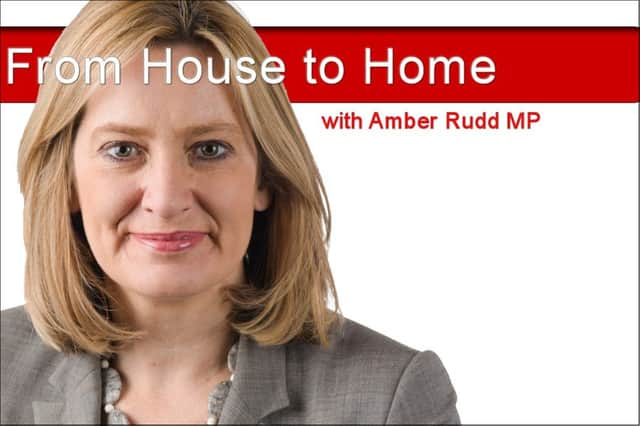The need for speed on our networks


We have seen enormous change in the past decade. The way that we listen to music, watch films, order food and teach our children is changing at such a fast pace. Amazon has shaken publishing to its core and opened new possibilities for authors and readers, Apple and Spotify have transformed access to music for millions of consumers and Facebook, Twitter and YouTube have brought entirely new forms of entertainment to billions. We live in a world that is reliant on the internet and mobile communication- when I sit in the House of Commons I see that many colleagues around me have their iPads and their mobiles with them. These services are vital for our economy and social cohesion, and we need a digital communications infrastructure that meets our needs, including availability, reliability, speed, affordability and resilience.
Six years ago only 45% of the country had access to superfast broadband. To date 90% of the UK have now has access - an extra 4 million homes and businesses. By the end of 2017 this figure will reach 95%. This is due to significant investment by the Government, local councils and BT, totalling approximately £1.7 billion.
Advertisement
Hide AdAdvertisement
Hide AdNonetheless, I know several constituents and businesses have been affected by slow broadband. That is why I was particularly pleased with the Government’s commitment in the Queen’s Speech a few weeks ago to make it a right for every household to access high speed broadband. I also welcome the move towards new and simpler planning rules for building broadband infrastructure. The Government expects the minimum speed to be at least 10Mbps initially and the Bill would also include a power to direct Ofcom to review the speed over time to make sure it kept pace with modern life.
Moreover, many of you will have experienced the frustration of being somewhere and not having a mobile signal. That is why the government is holding mobile operators to their legally-binding commitment to ensure that 90 per cent of the UK landmass will have voice and SMS coverage by 2017 for every operator’s network.
For businesses the latest technology can be the key to success. It is an important driver of productivity, it reduces costs, creates efficiencies and opens up new opportunities. And it is not just greater coordination at a national level that is required to reap the benefits of the digital world. The European Union has helped to break down barriers so that it is easier for us all to shop online across borders. Thanks to changes to EU single market law, using a mobile phone in another EU country has become 73% cheaper for every pound. Roaming charges will be scrapped entirely by next year, which will save UK customers up to 38 pence per minute on calls. However, there is still further work to do to remove burdensome regulations in order to help businesses as well as start-ups throughout the EU. When we complete the digital single market we will truly unlock the potential for growth that this market can offer.
In recent years the digital revolution has brought us huge benefits. It has given us access to new goods, new relationships, new services and shared services, all at previously unimaginable speeds. In addition, it has created new skilled jobs and helped our country diversify its economy. Locally the number of people working in the digital industries in Hastings and Rye has increased over three times the national average since 2009.
Advertisement
Hide AdAdvertisement
Hide AdGiven the fast paced change in technology advances, the challenge is to continue to ensure that consumers are protected and empowered without stifling the ability of businesses to provide new products. By doing this we will give people and companies the confidence to buy and sell beyond our borders, create choice through competition, and ensure that new and exciting technologies are allowed to flourish. A European digital single market, together with effective free trade agreements, will ensure that the UK can go from strength to strength in the years ahead as we export to the world the excellent technology developed across this continent.